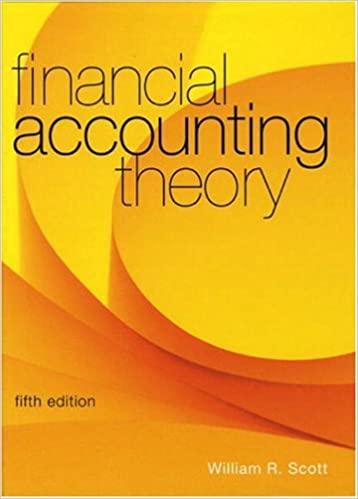The Globe and Mail (November 6, 2002, p. B1), reported New accounting rules sow confusion about oil
Question:
The Globe and Mail (November 6, 2002, p. B1), reported “New accounting rules sow confusion about oil earnings.” This refers to changes, effective January 2002, to Section 1650 of the CICA Handbook. These changes required firms with monetary items denominated in a foreign currency to include, and disclose, gains and losses from translating these items into Canadian dollars in the current period’s income statement. Previously, such gains and losses could be deferred and amortized over the life of the monetary item.
Many Canadian oil companies have long-term debt denominated in U.S. dollars. Under the new standard, fluctuations in the value of the Canadian dollar relative to the U.S. dollar increase the volatility of the reported earnings of Canadian oil companies. For example, according to the Globe article, EnCana Corp. reported an after-tax loss of $145 million on its foreign currency-denominated debt for its third quarter, 2002, reducing its reported earnings by about 40%. This loss followed a foreign currency conversion gain of approximately the same amount in its second quarter. The article went on to quote the managing director of research of a Calgary investment firm as saying that earnings are “going up and down like a toilet seat.”
Required
a. In a follow-up article in the Globe on November 8, 2002 ("Accounting rule change burns big oil,” p. B2), Deborah Yedlin reports the president and CEO of EnCana Corp.
as commenting that the new accounting rules could deter companies from being able to lock in financing at the current low interest rates.
Evaluate this comment from the standpoint of efficient securities market theory.
b. Evaluate the comment in part a from the standpoint of positive accounting theory.
Step by Step Answer:






